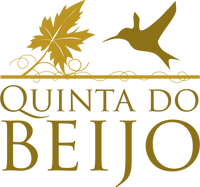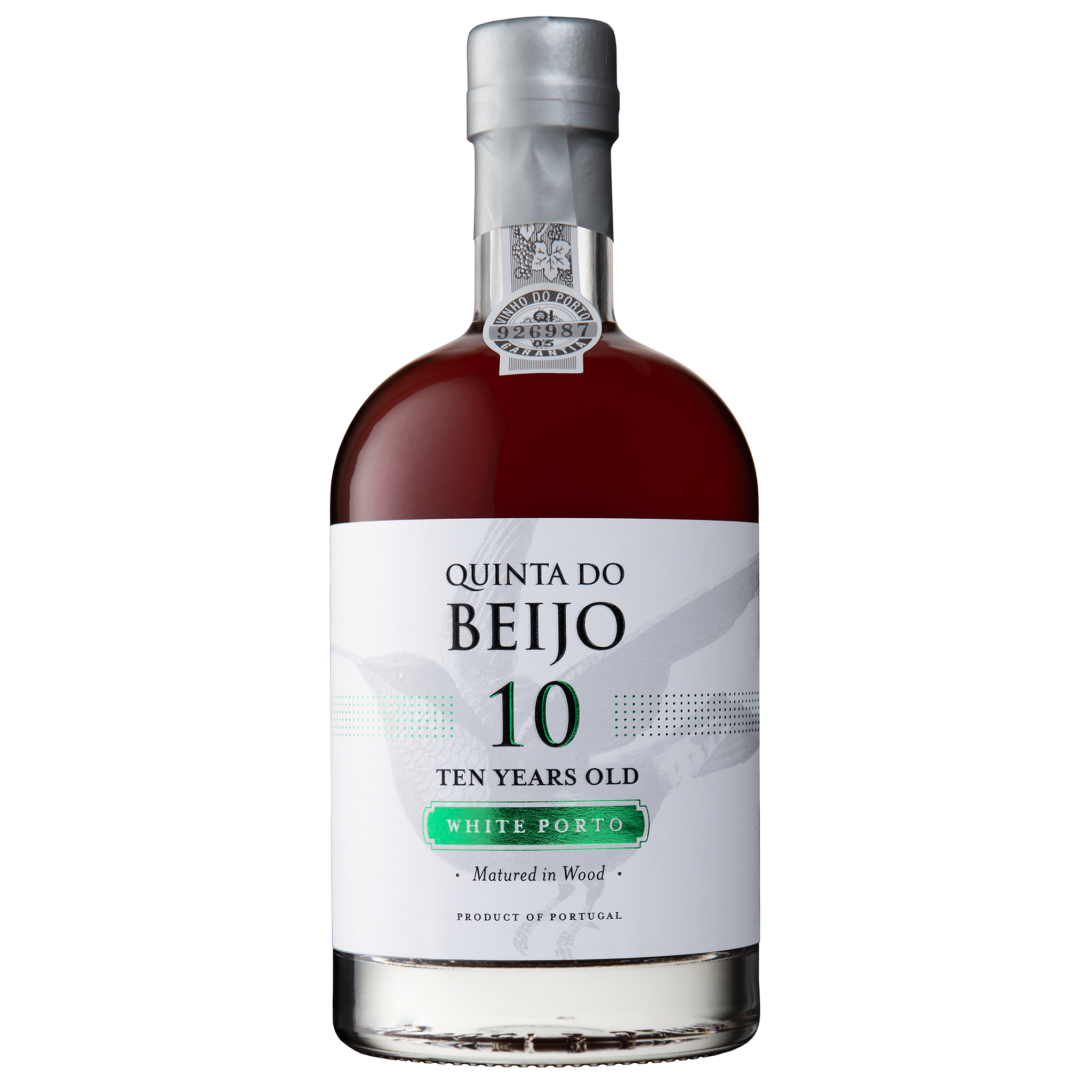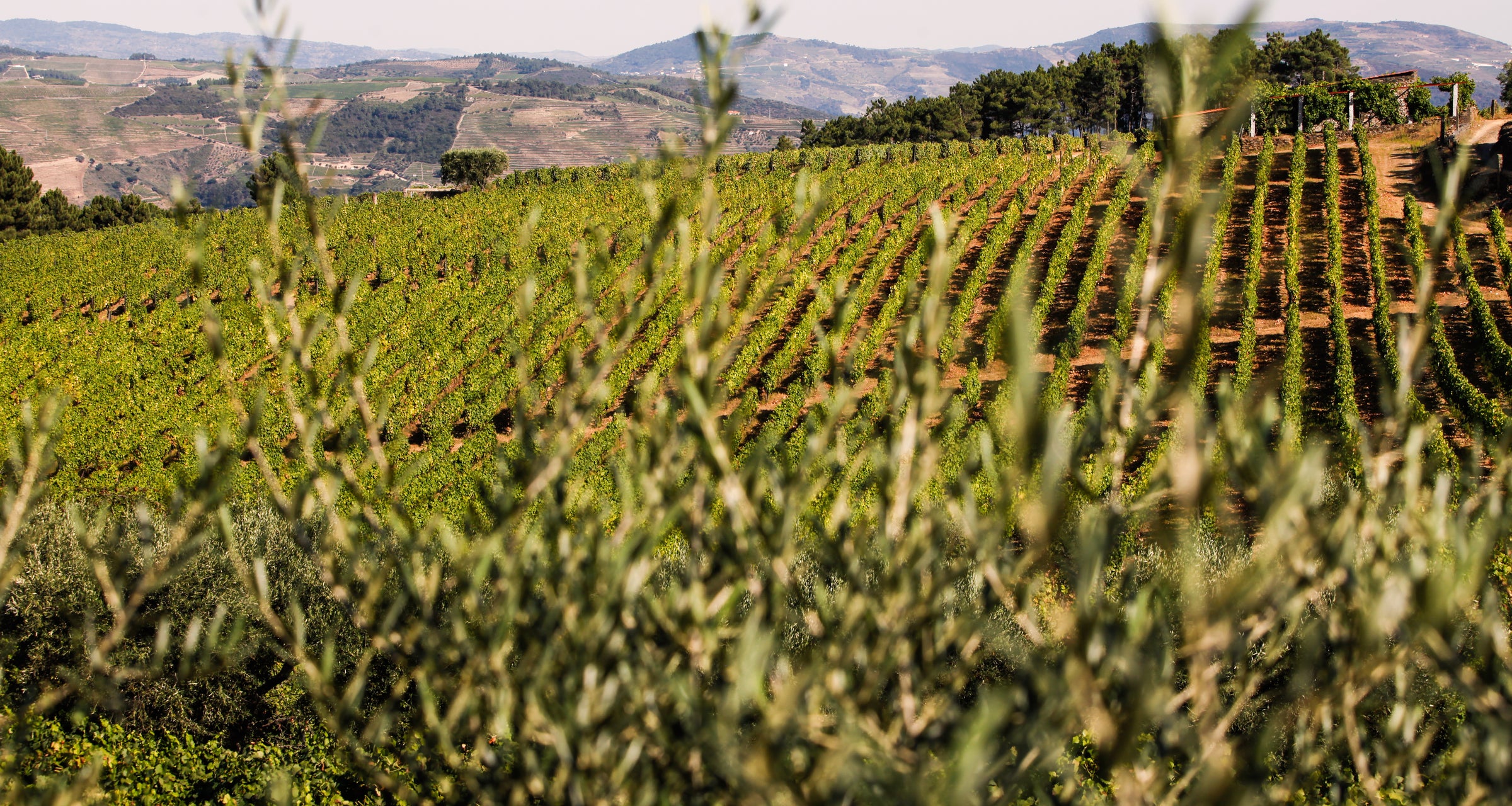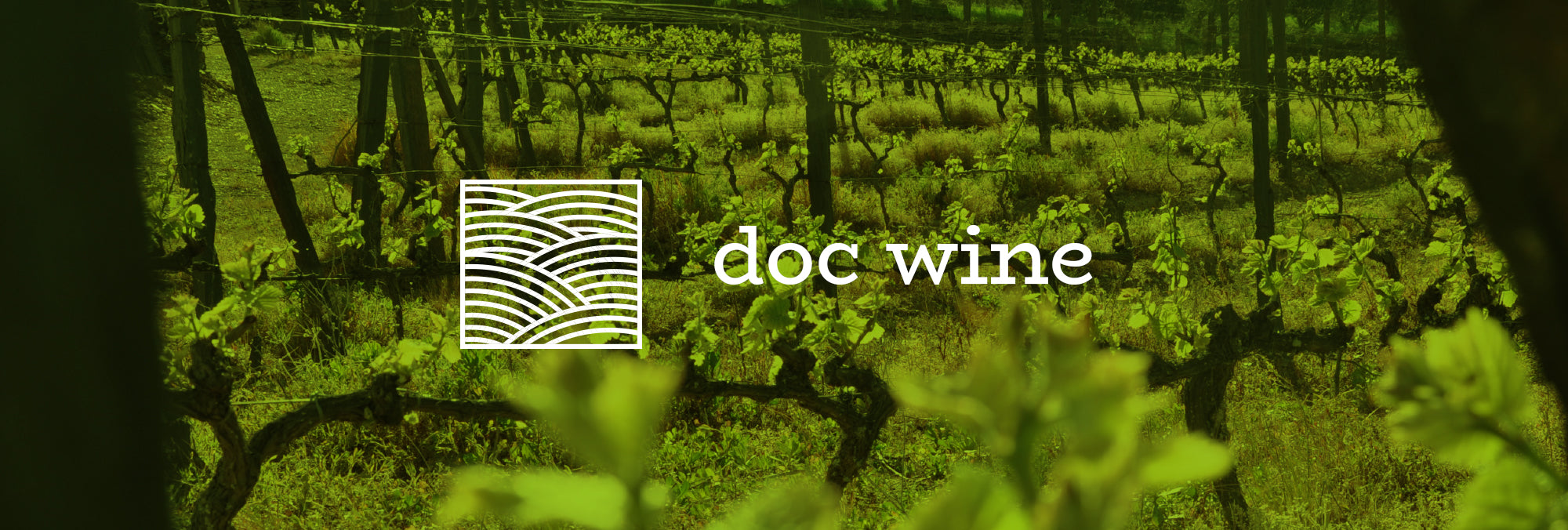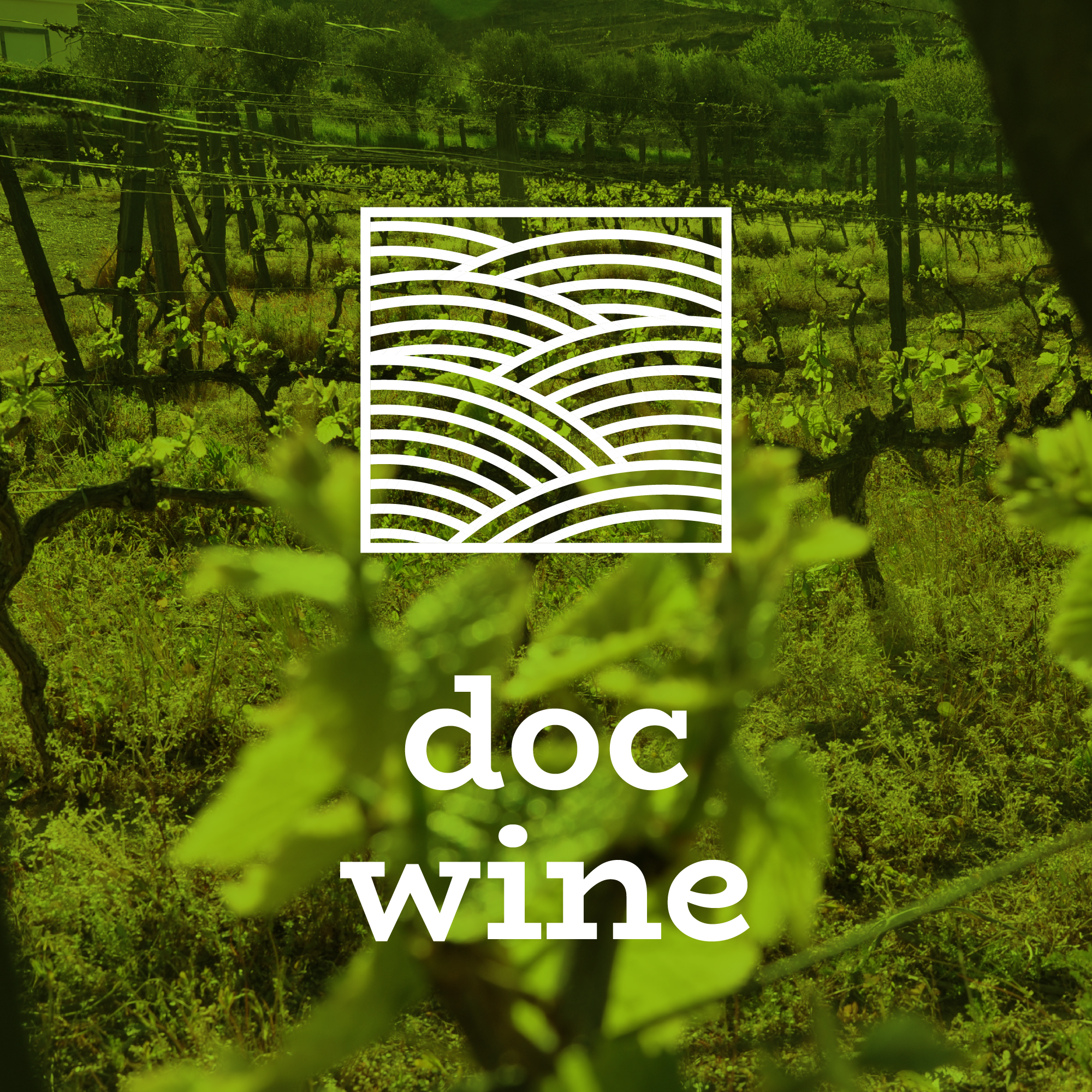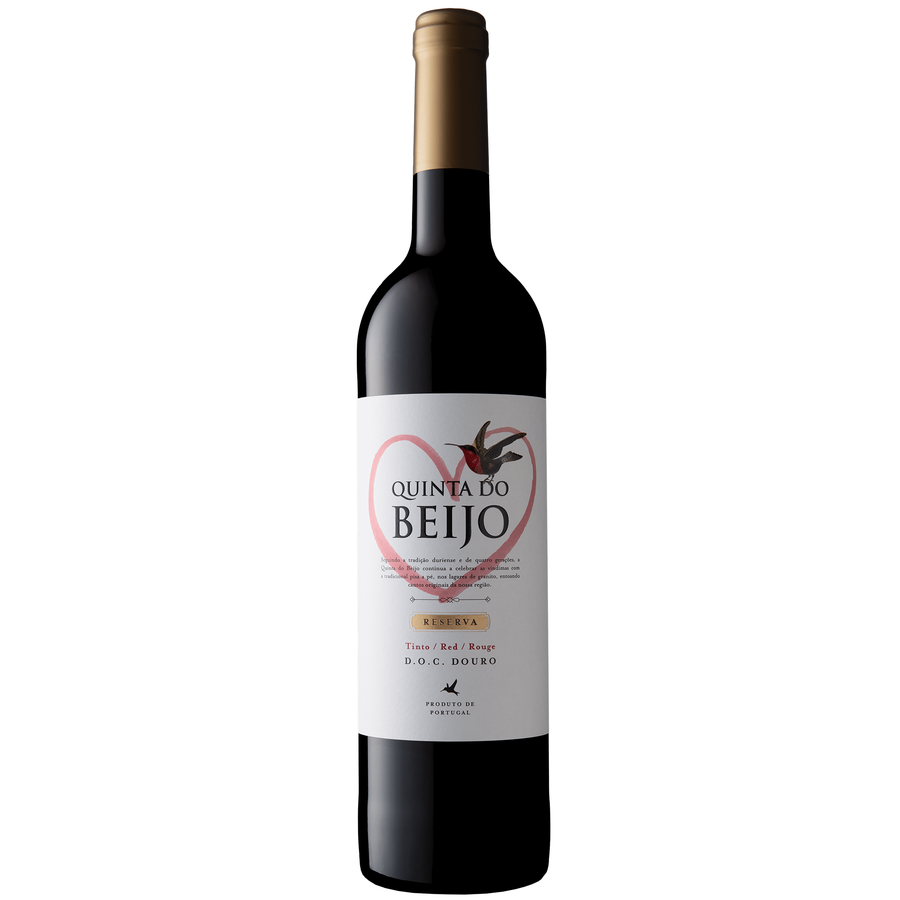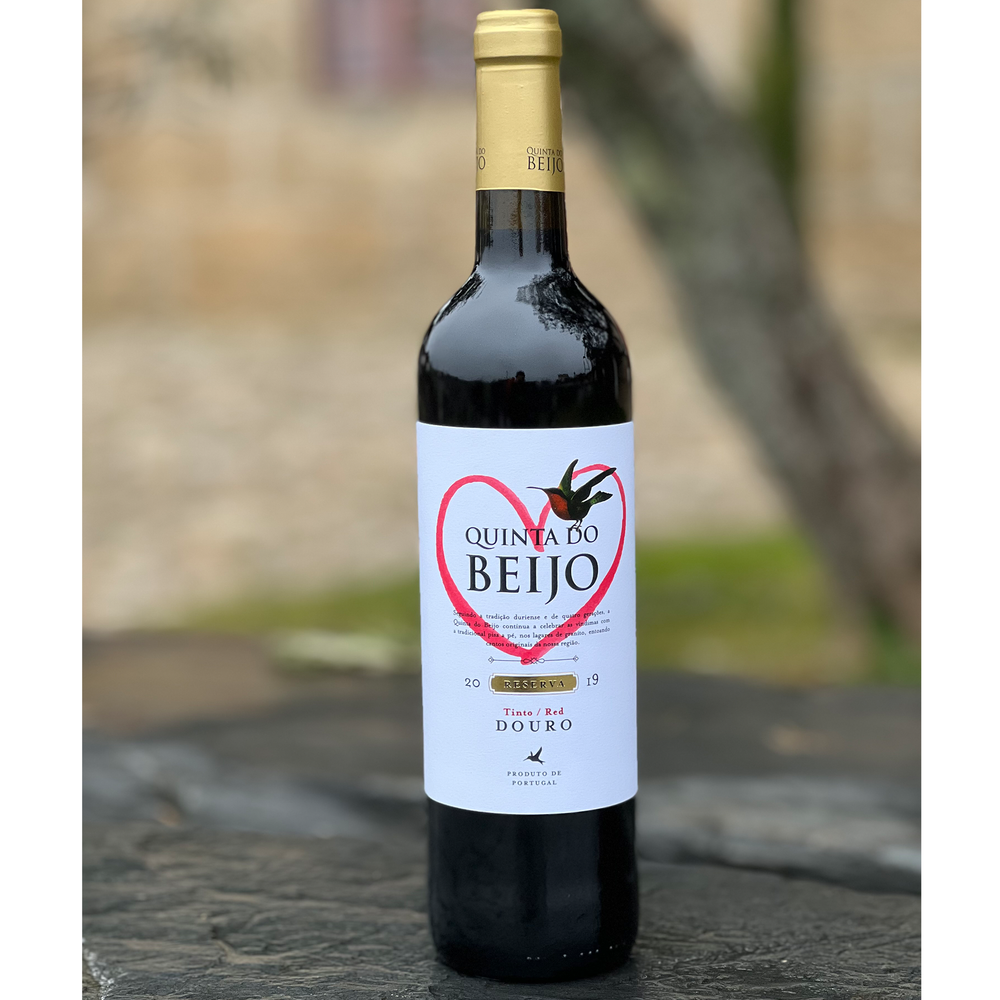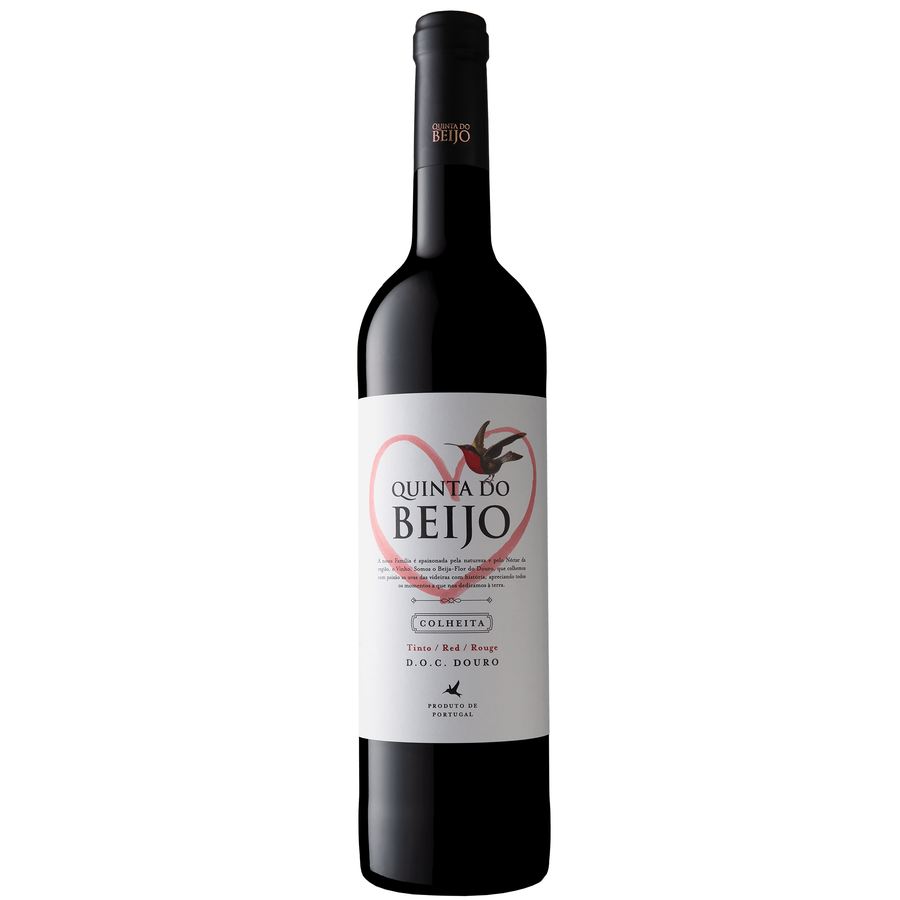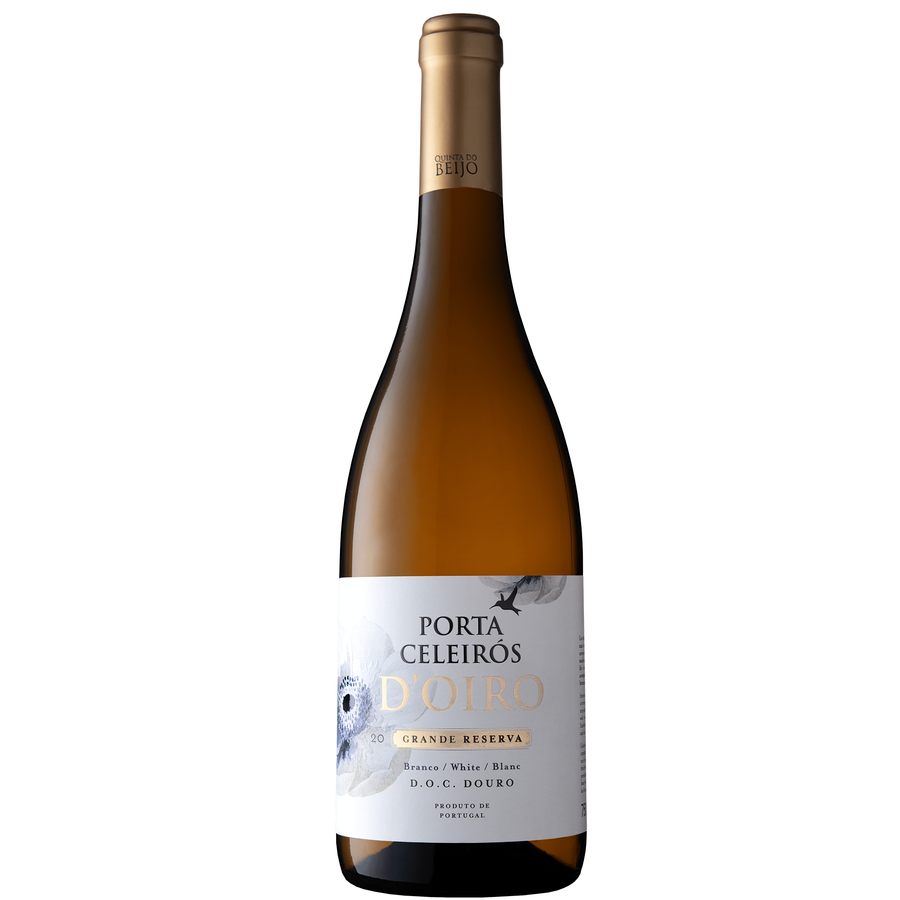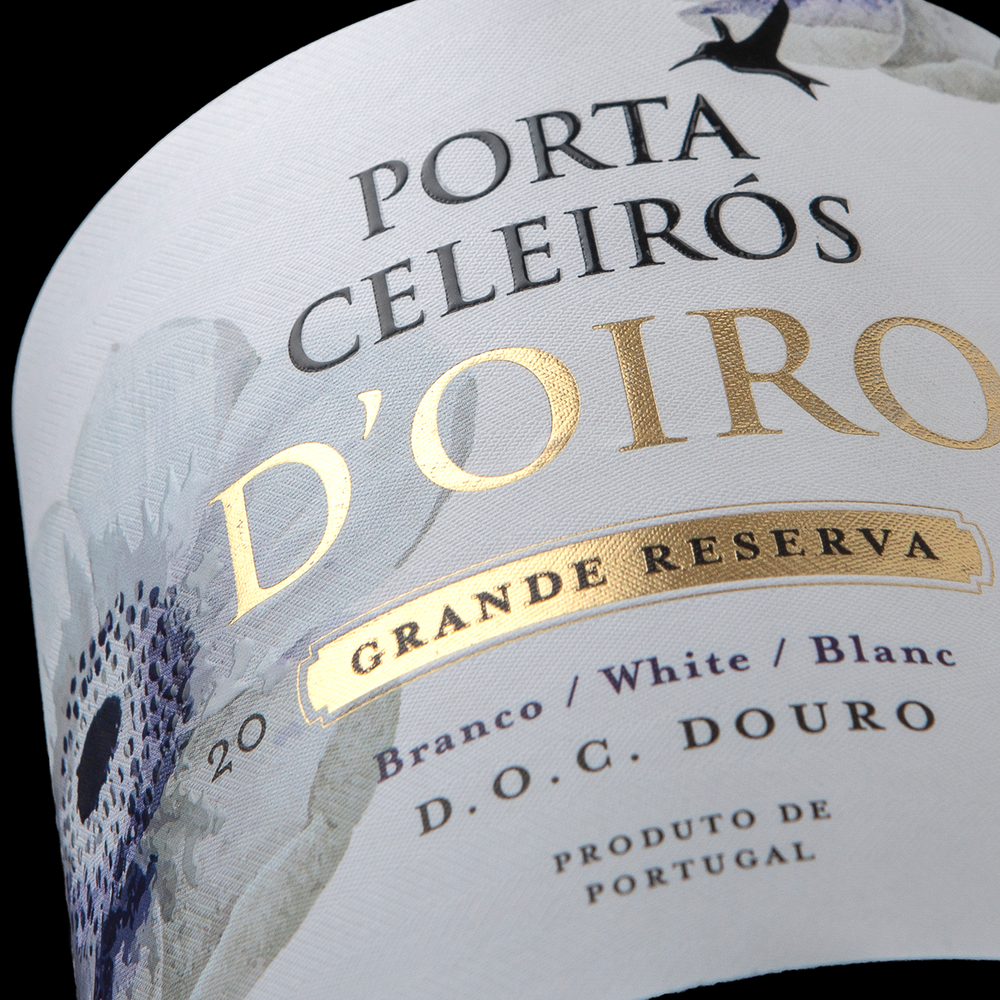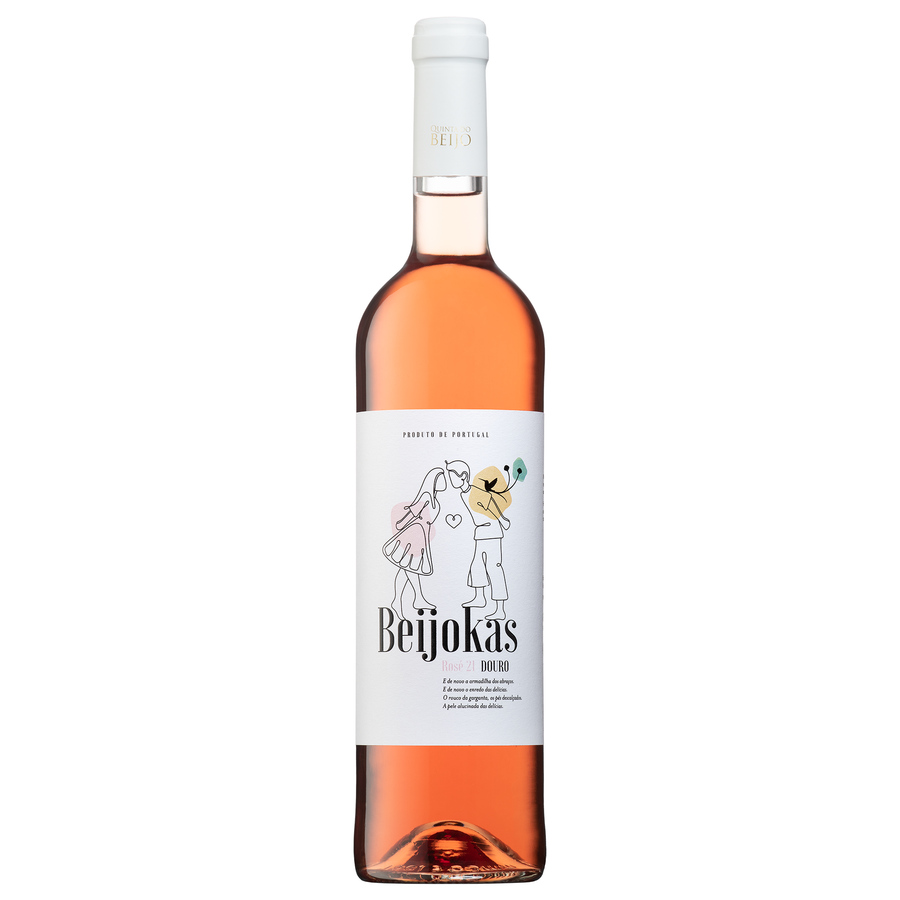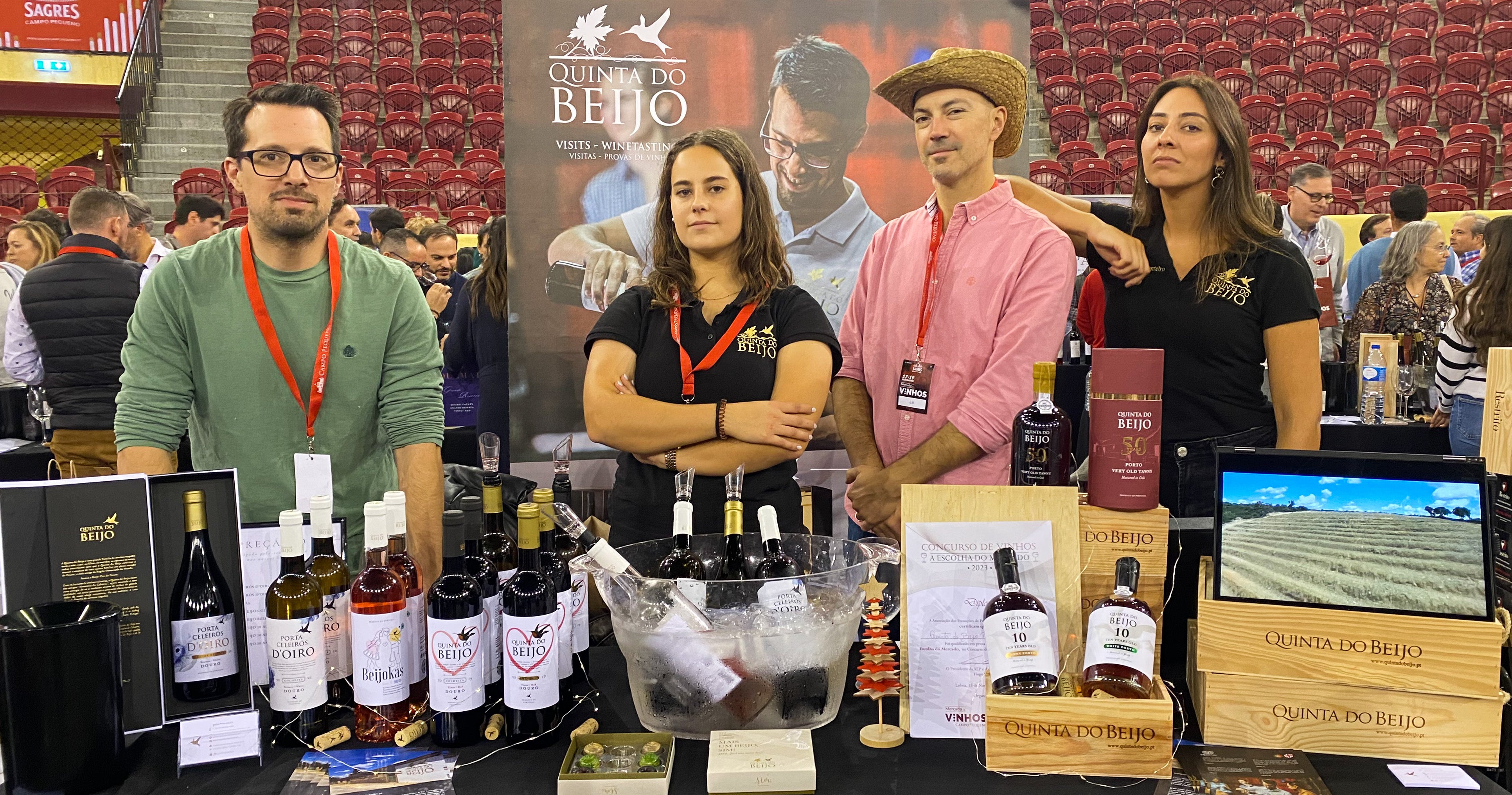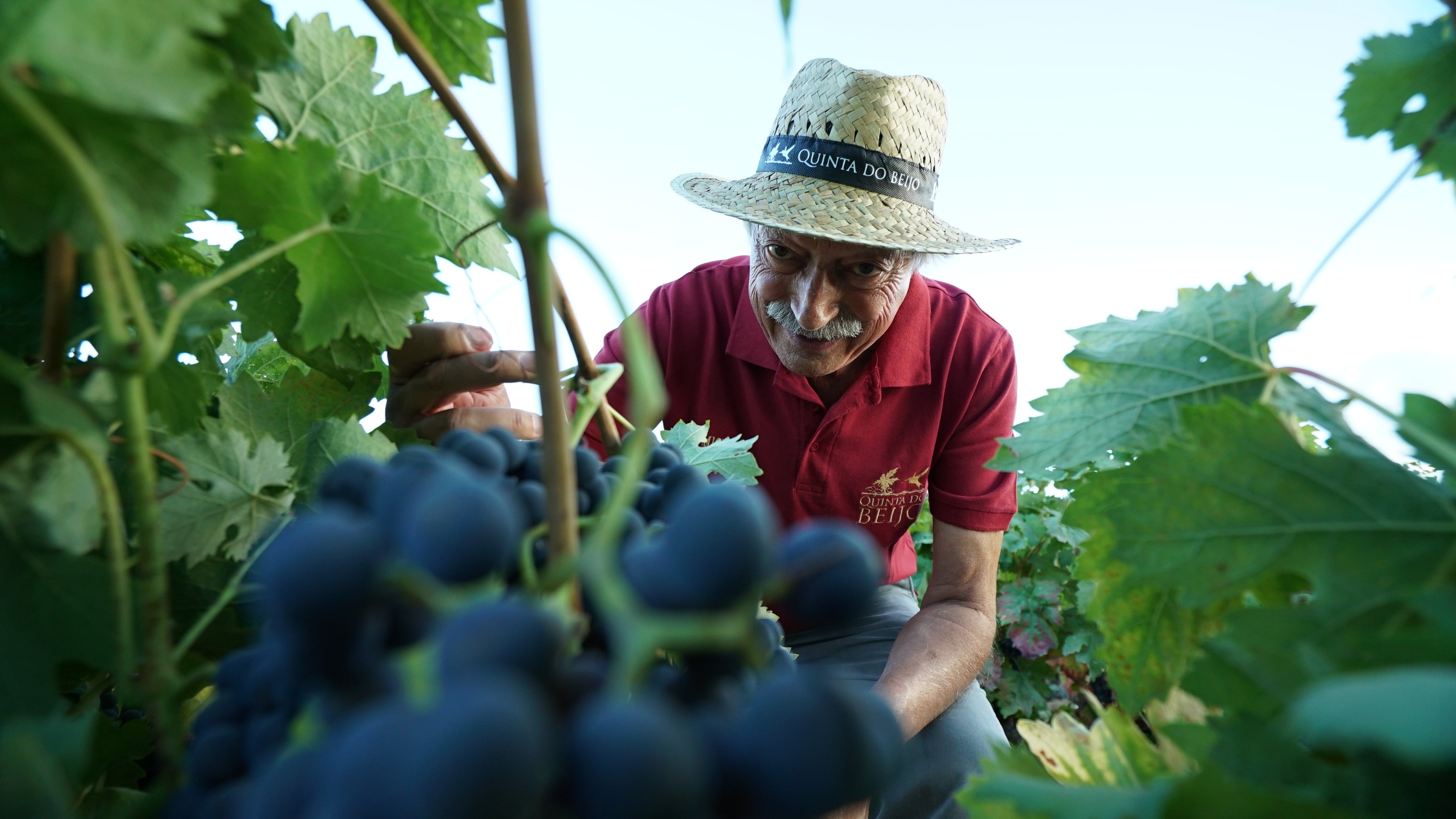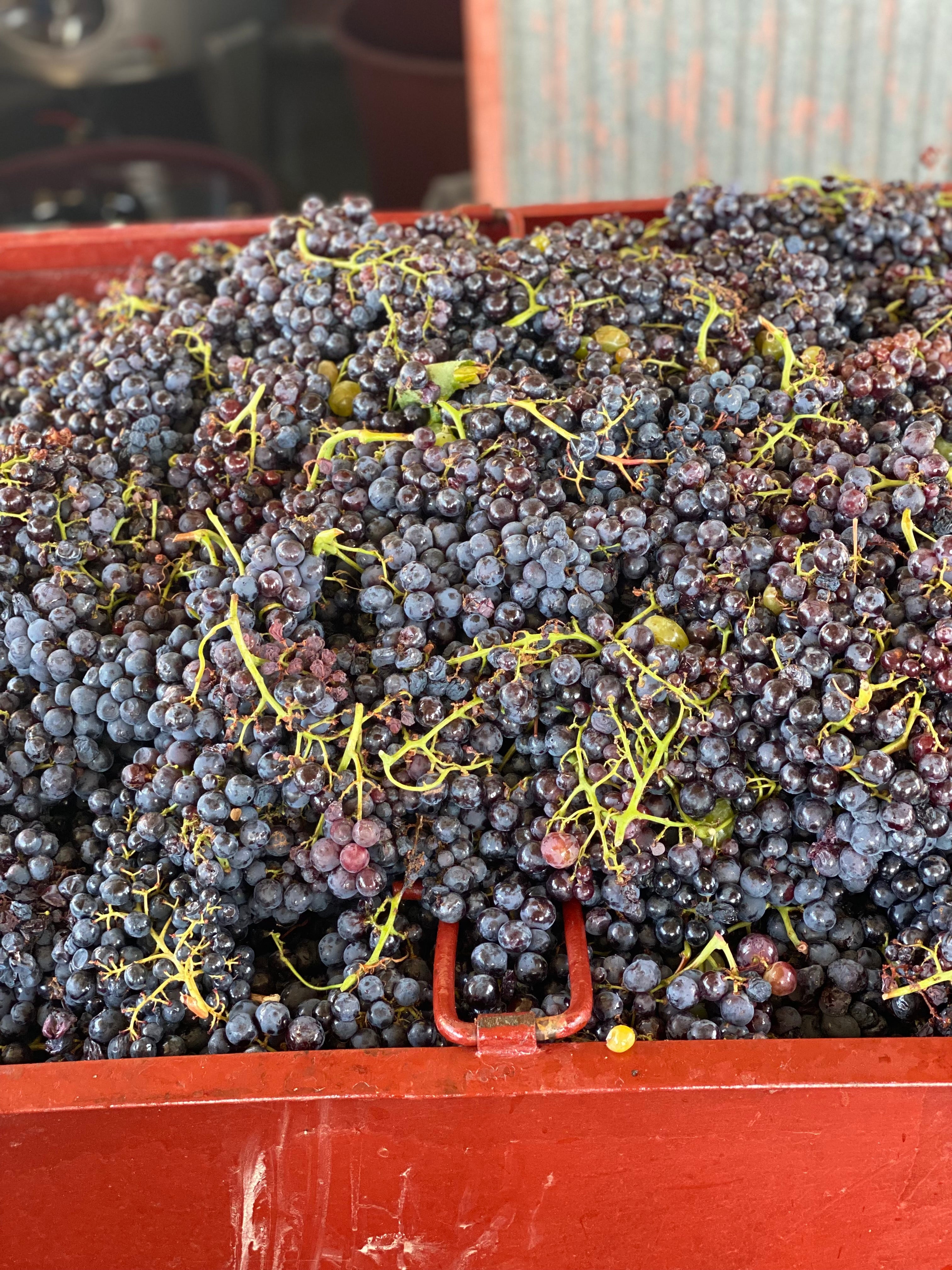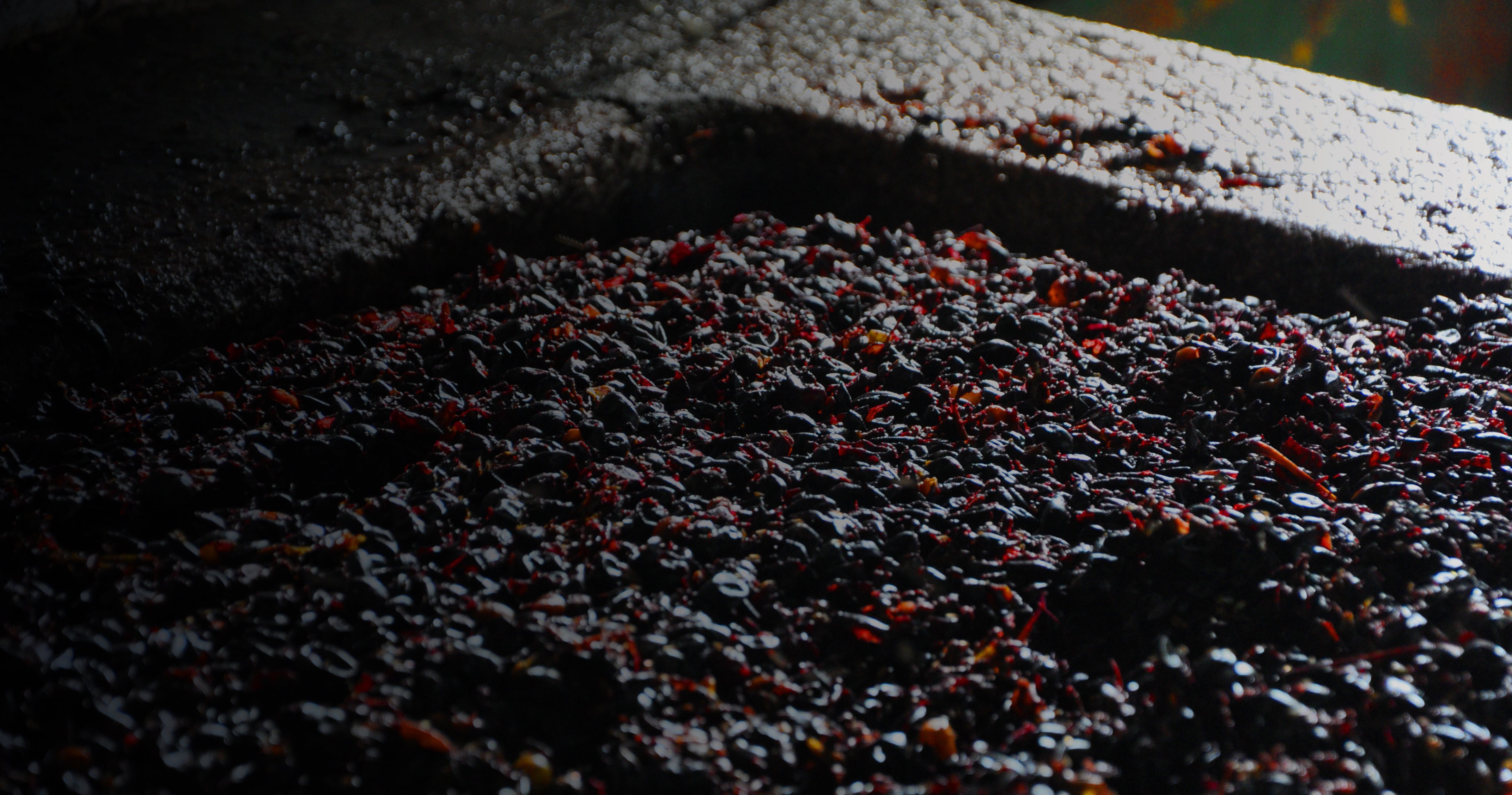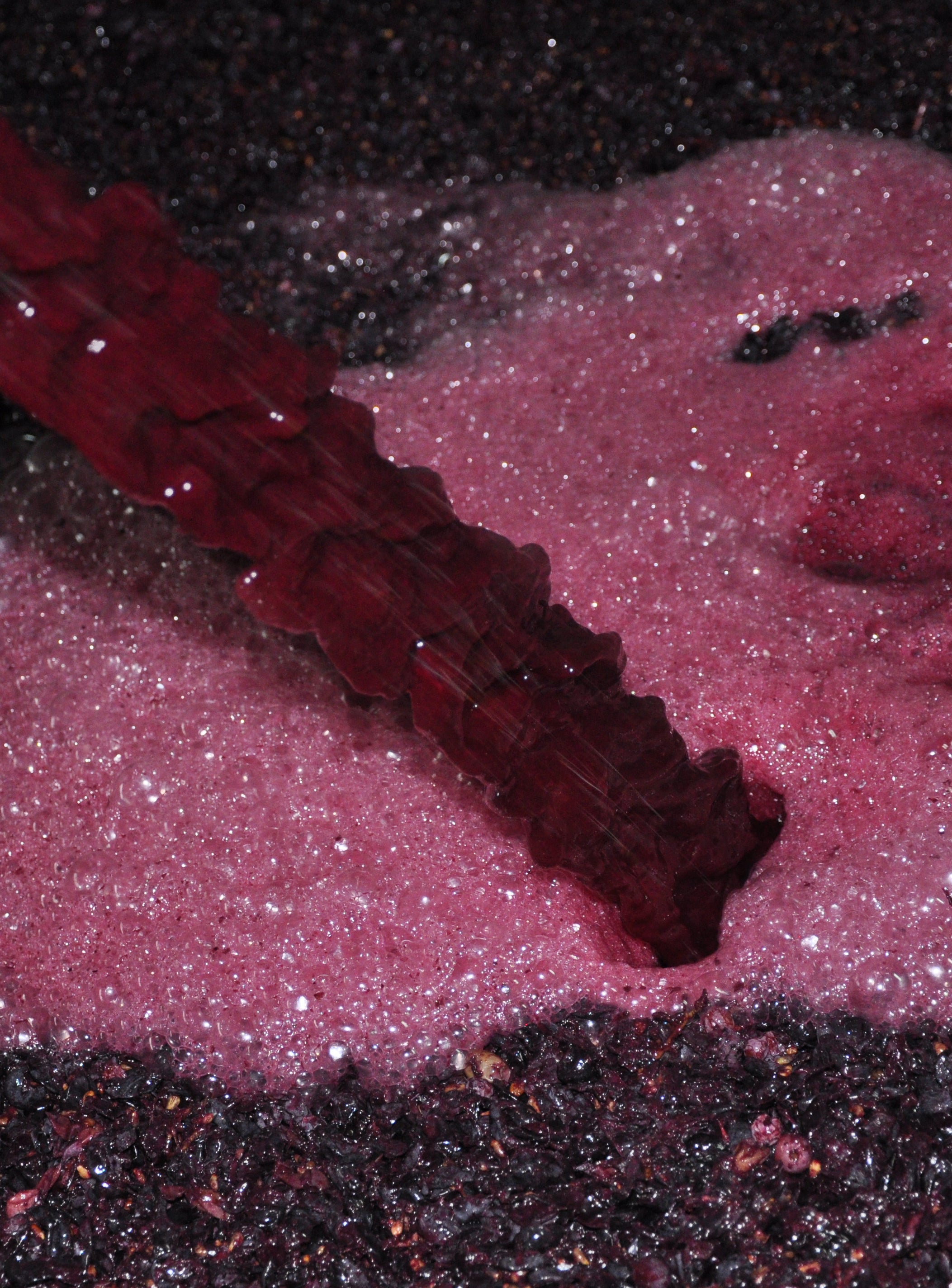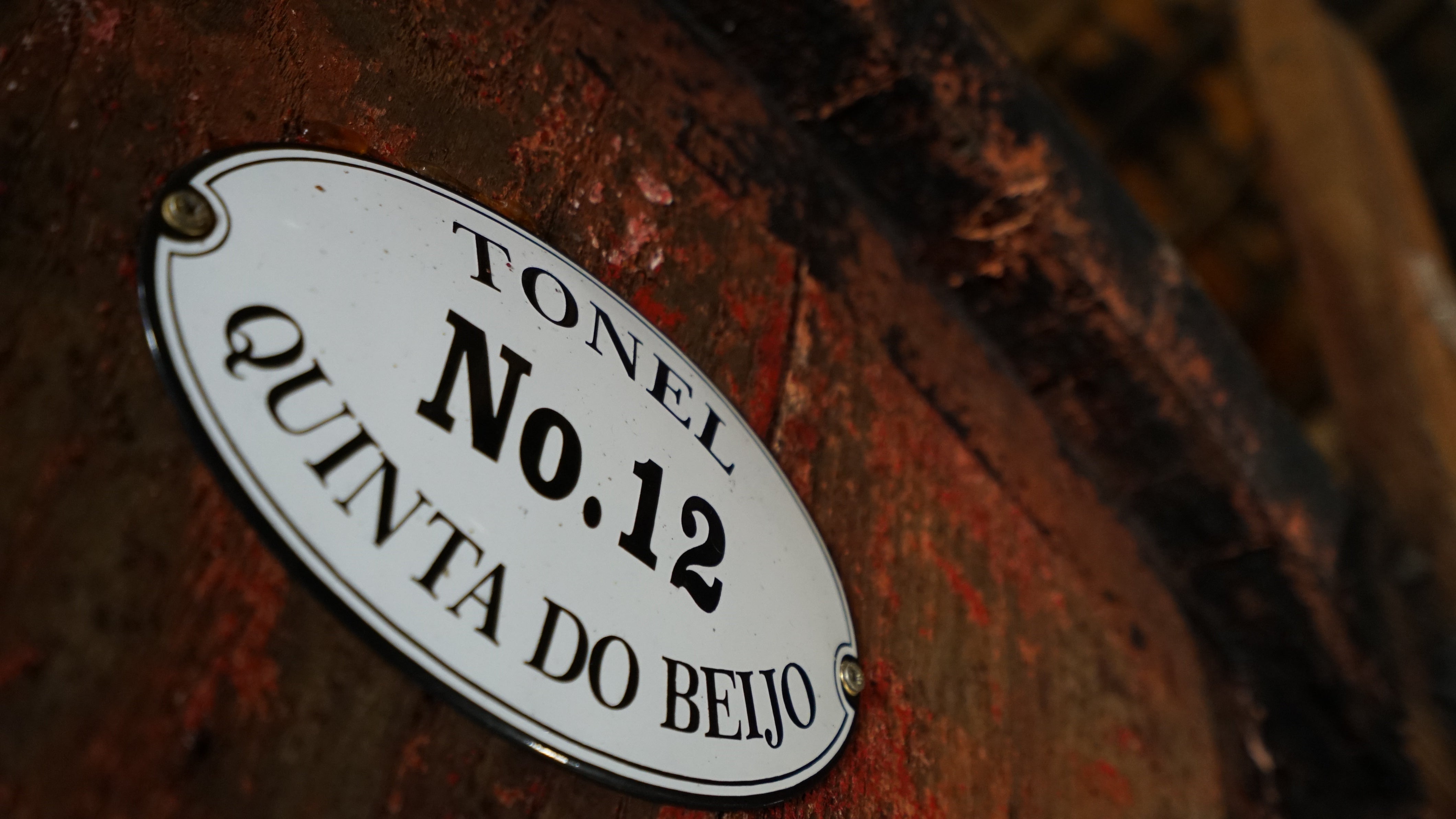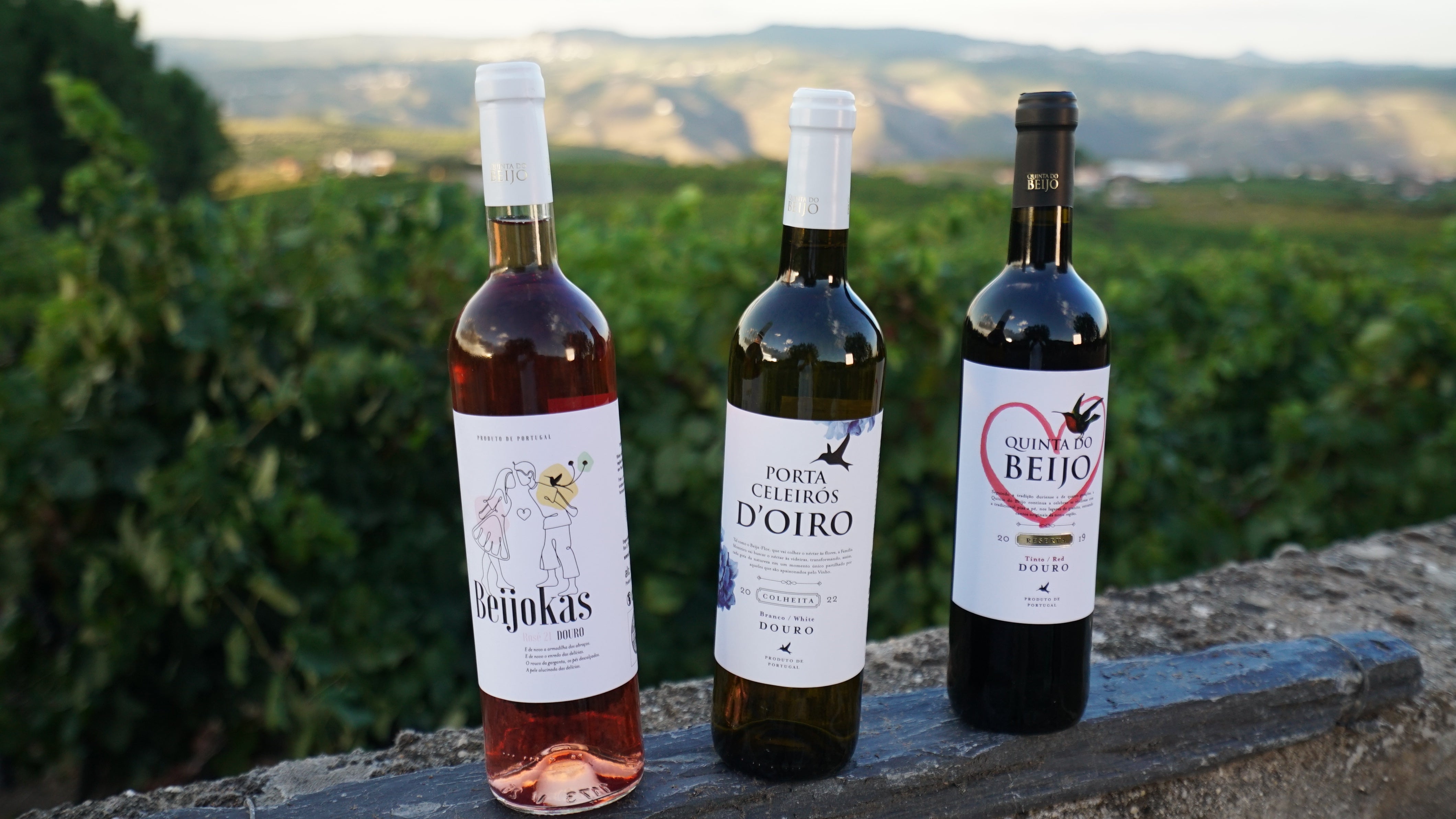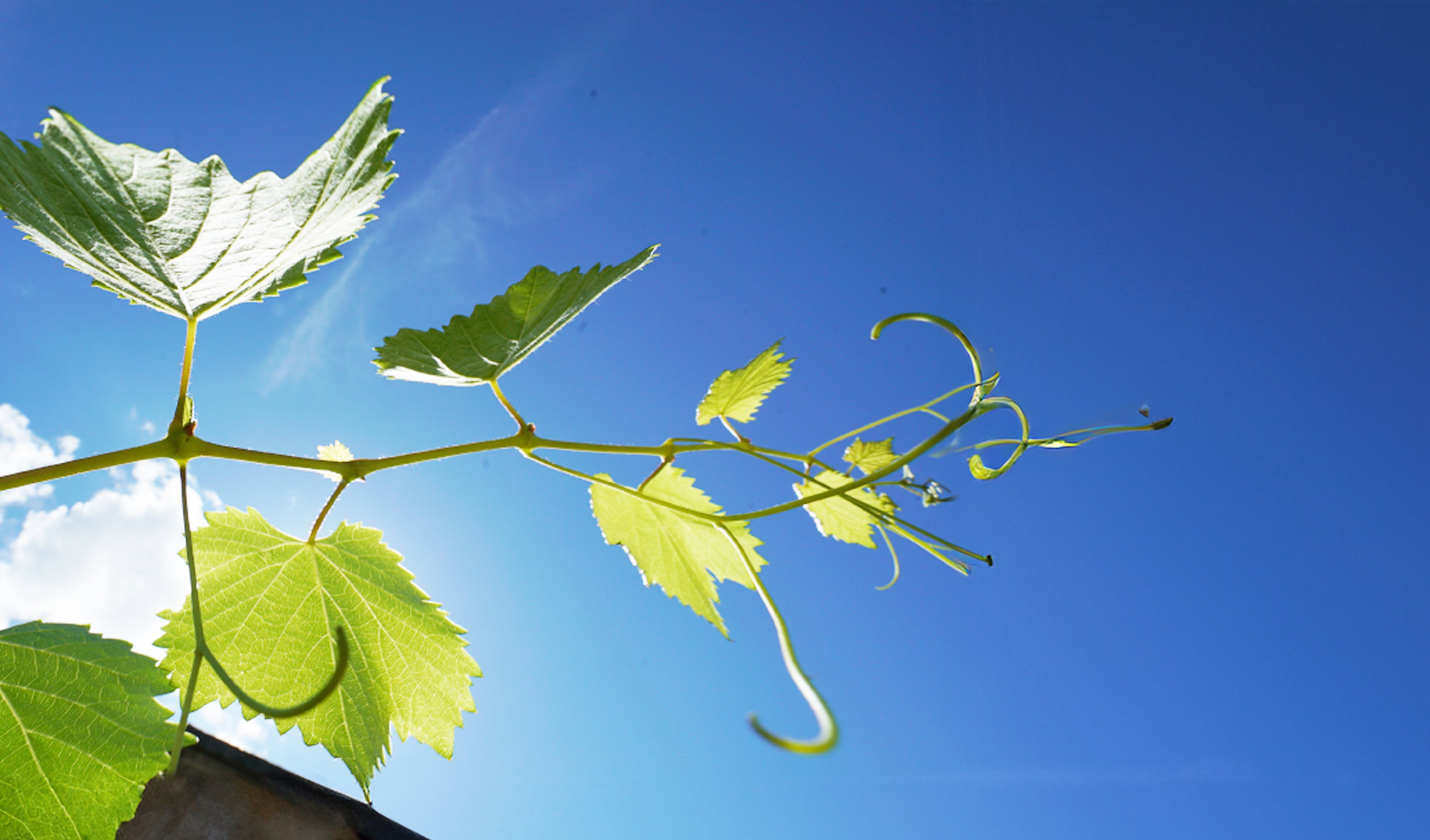A DOC Douro wine (Denominação de Origem Controlada do Douro), is the certified official and exclusive naming for wines produced in the Douro Region of Portugal.
This region and our Quinta do Beijo is known for producing high-quality red, white, and rosé wines. The DOC designation is a guarantee of quality and authenticity, indicating that the wine has been produced according to specific regional regulations.
The production process for a DOC Douro wine can vary depending on the style of wine (red, white, or rosé).
our doc wine
ToutA taste of Douro
We follow a traditional wine making process while applying high quality standards to our production.
Throughout the process, we adhere to rigorous quality regulations to ensure that the wine meets the standards of the designation of origin.
